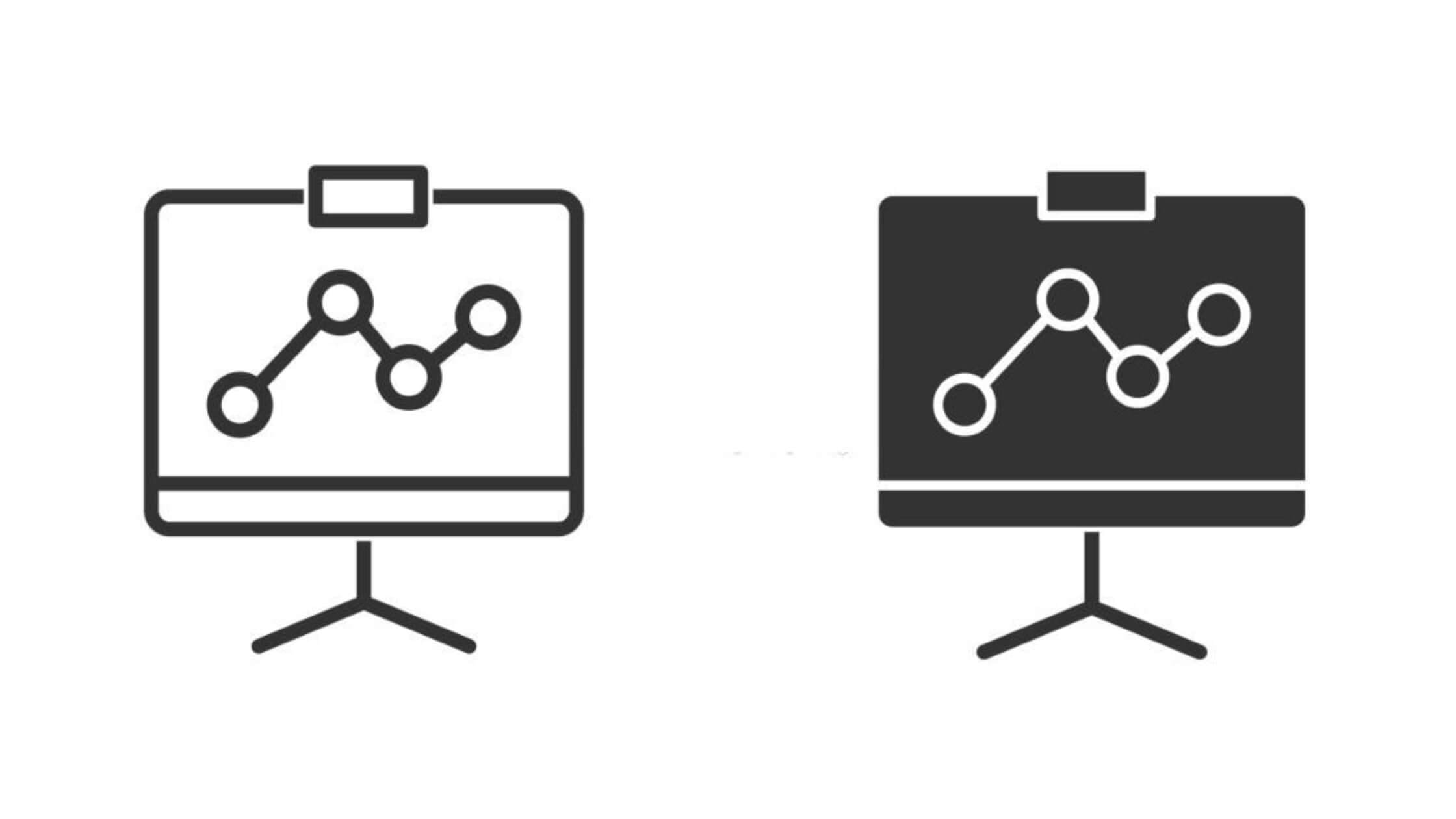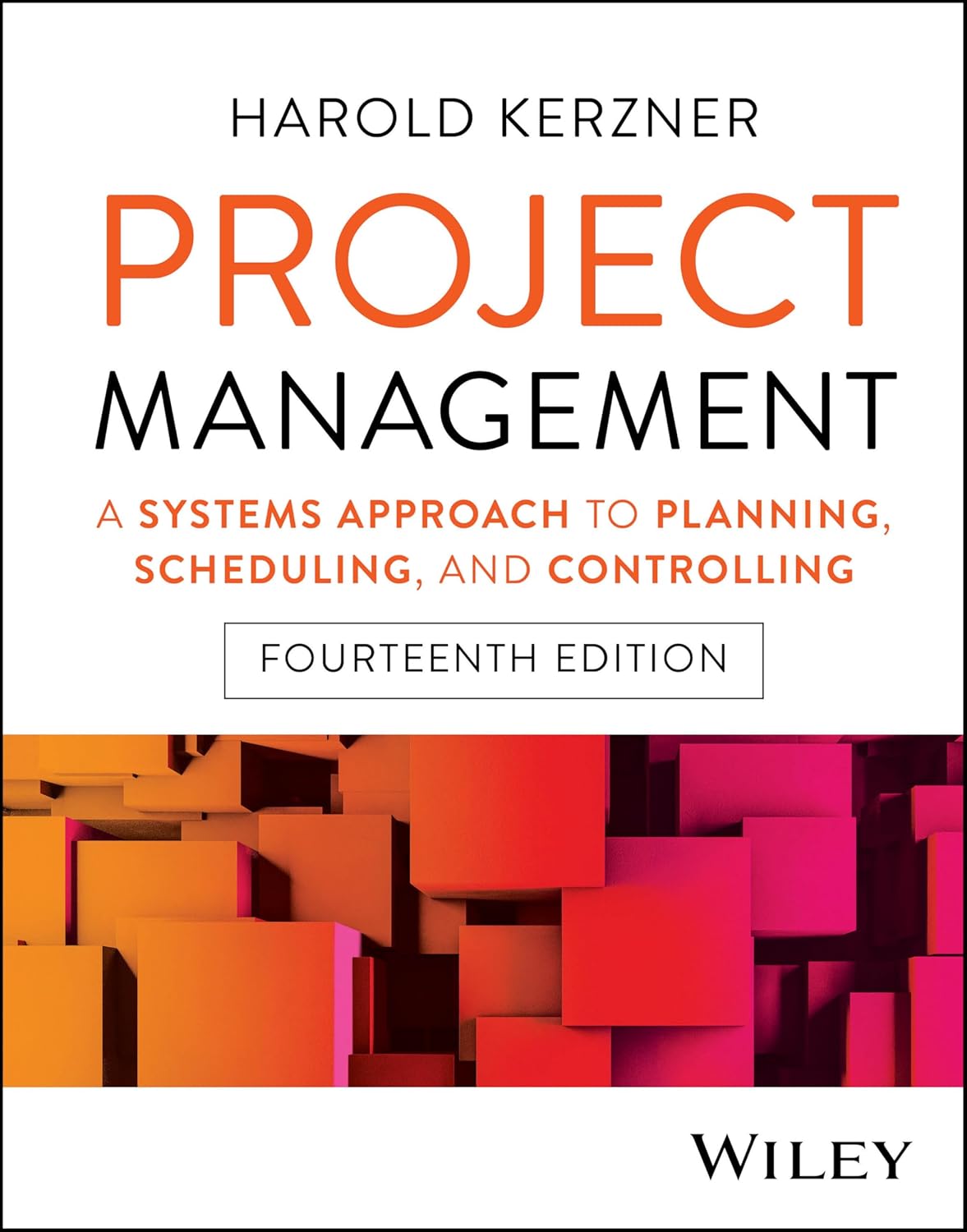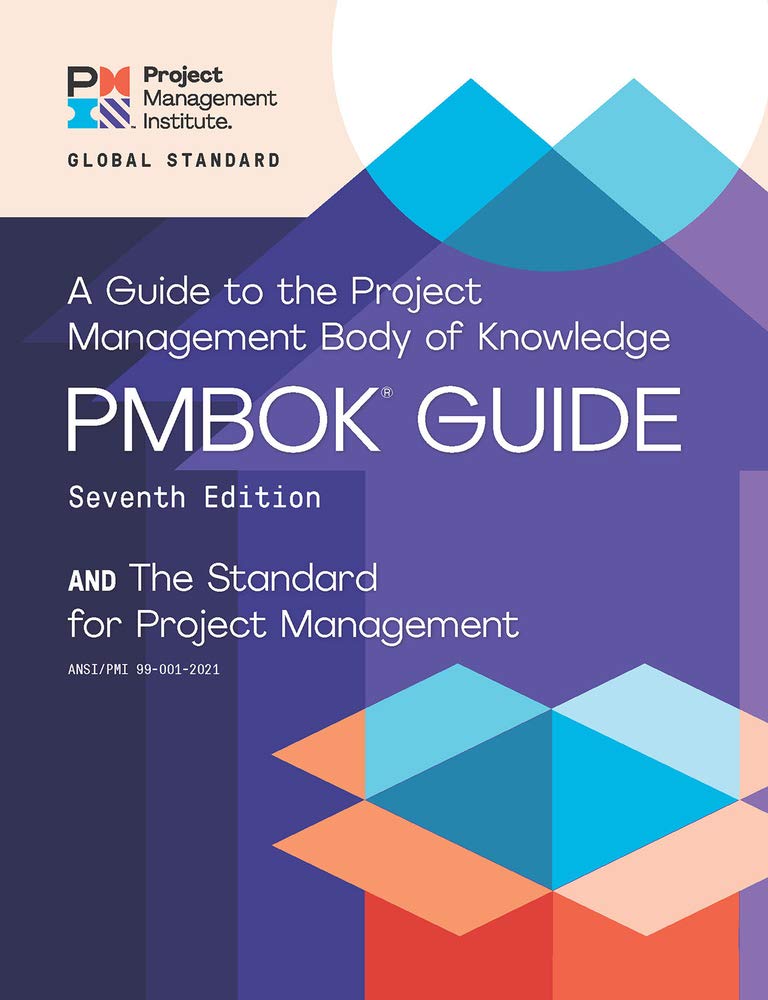
Focus Groups
What are Focus Groups?
Focus groups are structured discussions used in project management and research to gather detailed feedback from selected participants. Typically comprising six to ten individuals, these sessions enable project teams to explore opinions, attitudes, and expectations regarding a product, service, or project component. A trained facilitator leads the discussion, using open-ended questions to encourage participants to share their insights and experiences. This qualitative method enables project managers to better understand stakeholder needs, identify potential risks, and assess proposed solutions.
Focus groups are instrumental during the planning or evaluation phases of a project. They provide depth of information that surveys and quantitative data alone cannot achieve. Project teams use the feedback to adjust project strategies, improve communication, and ensure the final deliverables align with user or client expectations.
Key Points
- A focus group typically consists of a small group of people who share similar characteristics or interests relevant to the project.
- A facilitator guides discussions, ensuring balanced participation and keeping the conversation on topic.
- The primary goal is to collect qualitative data, such as opinions, preferences, and concerns.
- These sessions often reveal issues or opportunities that other research methods may not have identified.
- Findings from focus groups can influence project scope, design, communication strategies, or implementation plans.
Related Terms
- A stakeholder analysis often identifies potential participants for a focus group based on their influence or interest in the project.
- Requirements gathering may include focus groups to validate or refine initial assumptions about project needs.
- A risk assessment can benefit from insights gained during focus group discussions, particularly regarding user concerns or operational impacts.
- The project communication plan may be adjusted based on feedback from focus groups to ensure messages resonate with target audiences.
- Incorporate feedback from early focus group sessions to improve user acceptance testing outcomes.
Focus Groups: Example
A city planning team conducts a focus group with residents to discuss a proposed expansion of public transit. Participants include daily commuters, seniors, and business owners. The facilitator asks questions about current transit issues, expectations for service improvements, and concerns about construction impacts. Their responses highlight accessibility needs and concerns about noise, leading the team to revise their construction schedule and update design features.
Focus Groups: Best Practices
- Select participants who represent a diverse but relevant range of perspectives.
- Prepare a clear discussion guide with open-ended questions aligned with project goals.
- Use a skilled facilitator to manage group dynamics and ensure all voices are heard.
- Record and analyze discussions to identify patterns, themes, and actionable insights.
- Follow up with participants to clarify findings or share how their input influenced the project.
Additional Resources
Preparing for a PMI certification?
- Exam Prep Courses: PMP®, CAPM®, and PMI-ACP®
- Exam Simulators: PMP®, CAPM®, PMI-ACP®, PMI-PBA®, PMI-RMP®, PMI-SP®, PgMP®, and PfMP®
- Professional Development Units (PDUs): 15, 30, and 60 PDU Bundles




